Avid puts new product plans on hold until summertime to focus on helping their customers.

Avid typically makes its major product announcements this month at Avid Connect and NAB, however, thanks to Covid-19 “we’re going to put our new product reveal on hold until summertime”, said its CEO Jeff Rosica.
This is mainly because “we are just inundated with customer requests to help them through the situation they’re in: keeping productions working remotely or getting productions back in operation and keeping business continuity going”, he explained.
“We are dealing with hundreds of clients on this right now, and… I think the best idea is to stay focused for the next couple months on helping our customers through this situation.”
He hopes that Avid can then do a virtual unveiling of its new products, “and we’ll spend the next 90 days really focused on helping our customers through things”.
To do this it is providing free copies of its various creative tools so customers can quickly get their people moved to working from home, whether editors, sound mixers or journalists. “We gave everybody access to free software. We’ve actually delivered tens of thousands of copies to people around the world to get them home and get them working.”
The company is also helping to set up remote workflows, from editorial to journalism and production. “Then we’re doing a lot of pretty exciting cloud deployments”, often using public cloud set-ups to help customers to get their productions back in operation completely remotely, Rosica added.
Avid itself has moved almost exclusively to working from home for its staff, with only an essential handful of people who work in its repair centres or data centres on site.
Its main customer requests have been for: copies of software, for working from home; remote access to their Avid environment at their facility – mainly via the cloud; and complete business continuity, “meaning duplicate my environment, stick it up in the public cloud, and let me operate completely in the public cloud”.
This includes ensuring everything is backed up in the cloud, because “there’s been a lot of people who have had to actually leave buildings during the middle of productions”, which has really disrupted some companies. They are asking ‘how do we create a duplicate environment in the cloud’ and stand it up and have it running as a backup. “So, if anything happens, we can move a crew to that system.”
While any technical challenges in this have been overcome because it has been deploying lots of these systems around the world, the main challenge now “is the sheer volume we’re dealing with. It is taxing not just Avid, it is taxing the public clouds, with people just generally working from home and doing a lot of video chatting and remoting a lot of production workflows and all kinds of enterprise activities. It’s really put a lot of pressure on resources, whether they’re technically in the cloud, or just people resources to help people deploy.” He believes “we are seeing probably 40-50 times our normal volume” of requests.
To ease the pressure on bandwidth requirements, Avid is delivering proxy workflows and trying to minimise the amount of content users have to move.
The coronavirus crisis may also influence how Avid develops its products in future. “We were already developing a lot around cloud and SaaS [software as a service] and remote workflows, but… we were scheduling our development on a ramp that we felt the industry was going to go at and I thought the industry was going to go rather linear and probably do it over a number of years. I think what we’re seeing [now] is that people are going to move much faster than they thought they were,” said Rosica.
“I think intensity and the speed we’ve got to move at has got to be really quick. We will reprioritise all of our roadmaps to quite frankly deliver a lot of what we had envisioned and do it much faster.”








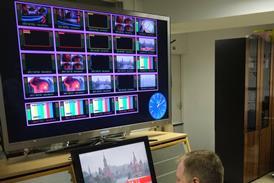




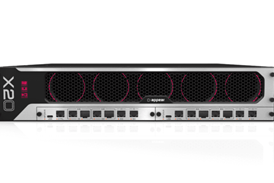


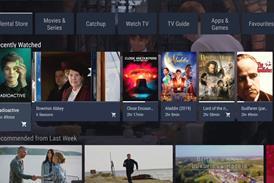


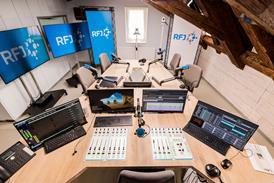







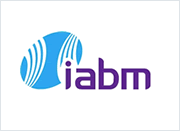





No comments yet